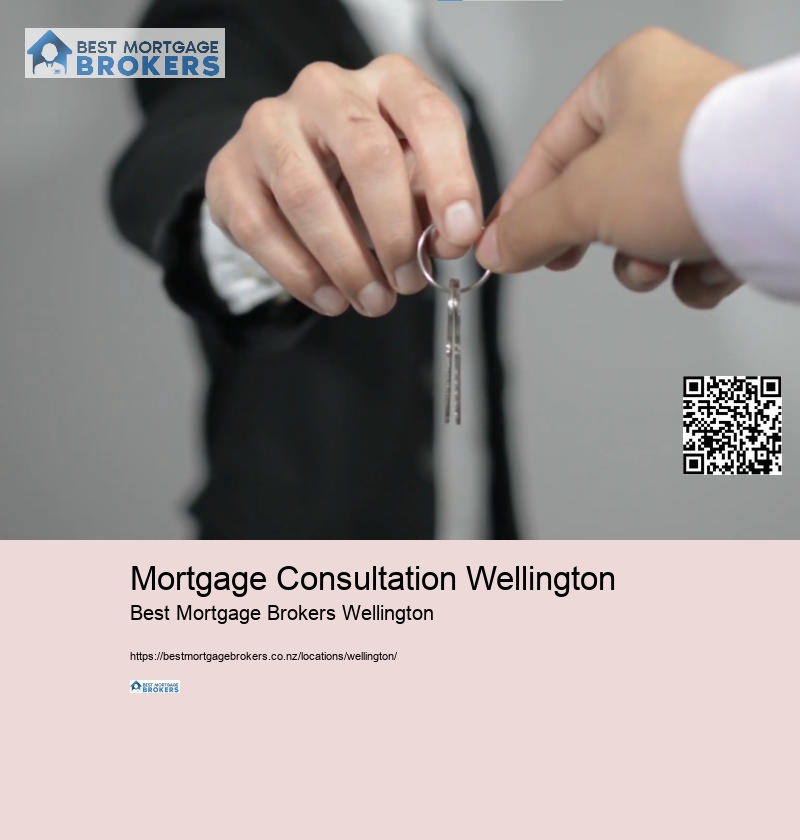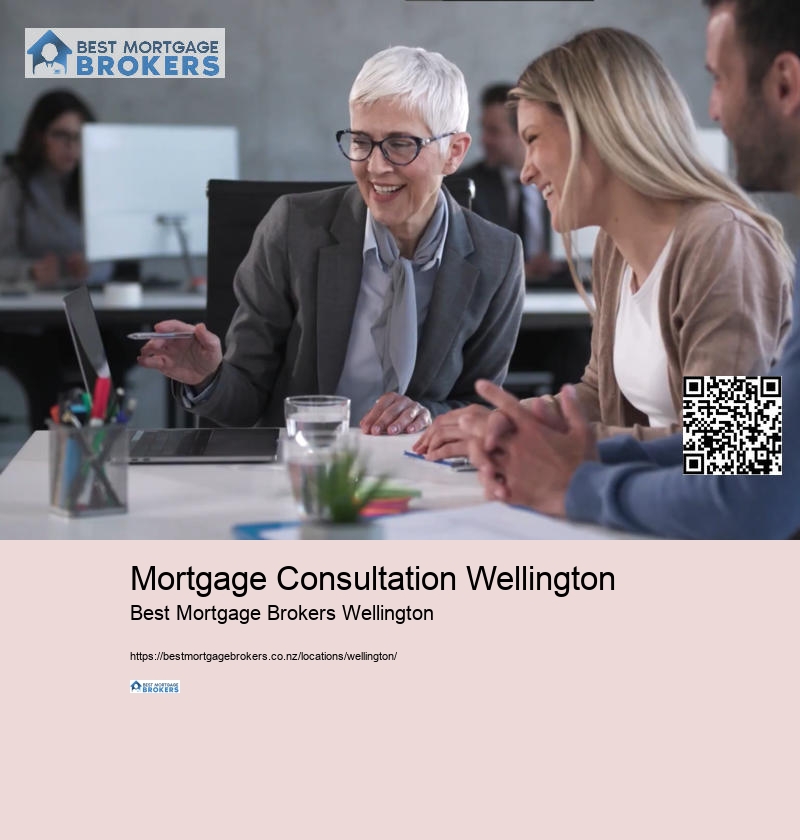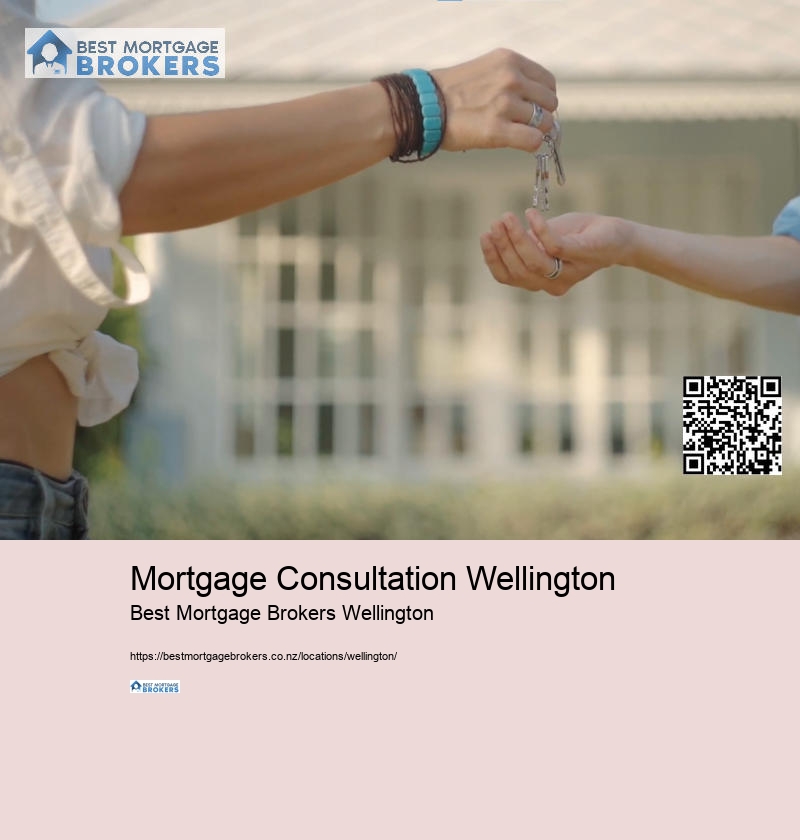Mortgage Consultation Wellington
financial analysis
One effective way to do this is through home equity loans or lines of credit. The equity in your home can be used to finance home improvements, debt consolidating or other large expenses. Making extra payments on your mortgage principal is another way to maximize equity.
Additionally, increasing the value of your property through renovations or upgrades can also boost your home equity. Improving the condition and appearance of your house can result in a higher appraised valuation, increasing your home equity.
If you stay informed about the current real estate market, it will allow you to make strategic decisions which positively impact your home's value. Financial planning and smart resource utilization are key to maximizing your home's equity.
Understanding the terms of your loan, such as interest rates, repayment plans, and hidden fees, is essential. One common mistake to avoid is rushing into a mortgage without fully comprehending the financial implications.
Mortgage Consultation Wellington - personal finance
- goal-oriented financial planning
- mortgage process
- financial consulting
- lending
- mortgage advice
- mortgage advisor
- financial solutions
- personalized financial solutions
- first home buyer




